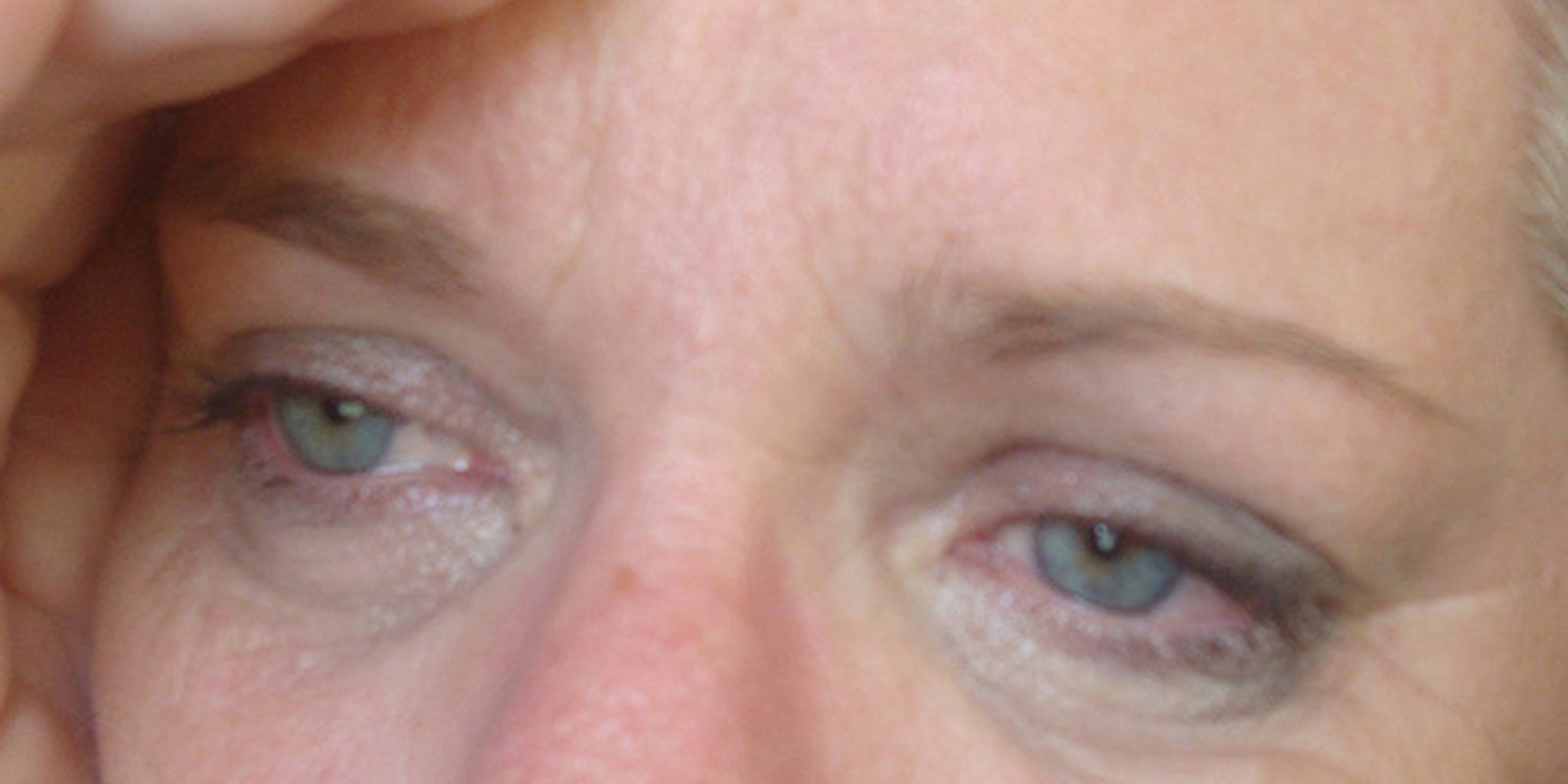Can the Web be your support group?
Six years ago Tracy Bagatelle-Black had a stillbirth in her 37th week of pregnancy. Devastated, she turned to an online forum.
At first the group was helpful, helping Bagatelle-Black cope with the depression following the loss of her child. She realized it was no substitute for in-person therapy, but it was a start in the recovery process.
Or so she thought.
“Then one person said she heard that there were people on the board that hadn’t actually lost a kid but were pretending they did,” she said. ”Just hearing that sort of ruined the group a bit for me.”
With so much of life lived online, one of the last frontiers may very well be the 12-step programs, support groups and wellness programs that typically meet in church basements and hospital cafeterias. New forms of connecting online may improve experiences for current group members.
But stories like Bagatelle-Black’s suggest that we still struggle to help each other effectively online.
“I’m glad the online support group was there to connect to when I felt like I was the only on that had happened to, however, it’s nothing like the real thing,” said Bagatelle-Black, who eventually joined a six-week program at a local hospital. The in-person group was run by a licensed therapist and, because it was scheduled for six weeks, there was a definitive end to the process which many online groups lack.
Other people, however, have found some solace in online support groups. Beyond the convenience, the groups offer 24-hour access to message boards and chat rooms. And they offer anonymity, a factor that is so crucial for many people taking on tough life issues.
“People feel safer at times online than in person,” said Natalie Caine, who runs an online support group for older parents dealing with empty-nester issues. “They won’t run into that person at the market. They don’t have history of prejudgement.”
Caine launched the group seven years ago. What started as a telephone group eventually moved on as Internet communication and privacy improved.
“They find like people with like issues and can connect from the safety of home,” Caine said. “It is amazing how vulnerable a person can be with a stranger.”
For Terri Corcoran, an online support group helped her transition to an “in-person” group. Corcoran was looking for others to share her experiences with after her husband was diagnosed with a neurodegenerative illness that left him both physically and mentally disabled.
“I wanted so much to find others in that situation. I felt so alone,” she said.
Corcoran eventually connected with the Well Spouse Association, a national organization that also has an active online support network for people caring for a chronically ill spouse. After learning more about the group and getting comfortable with its offerings through its Web site and forums, Corcoran eventually started attending meetings near her northern Virginia home.
The group also screens members, so they won’t run into impostor problems like the ones Bagatelle-Black encountered. (And many real-world support groups don’t screen members.)
“There are many people who use the forum, so people are always on there to offer support, friendship, share grief, anger, and humor,” Corcoran said. “It is a wonderful community of support for all of us.”
Photo by juliejordanscott


